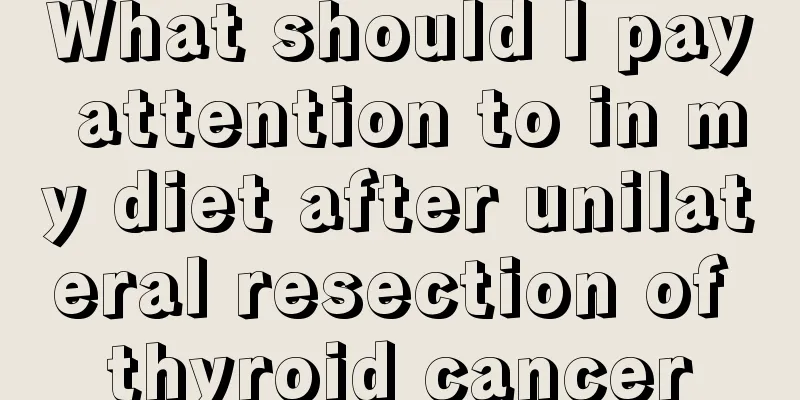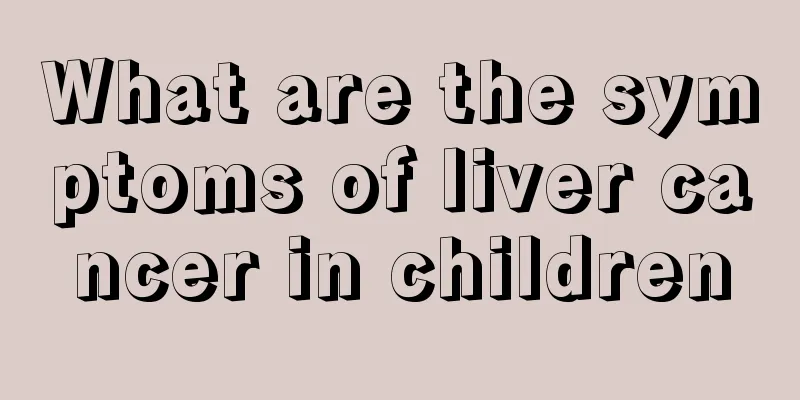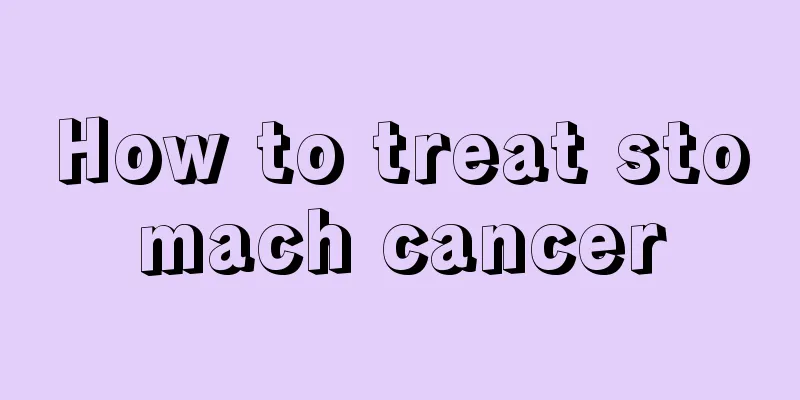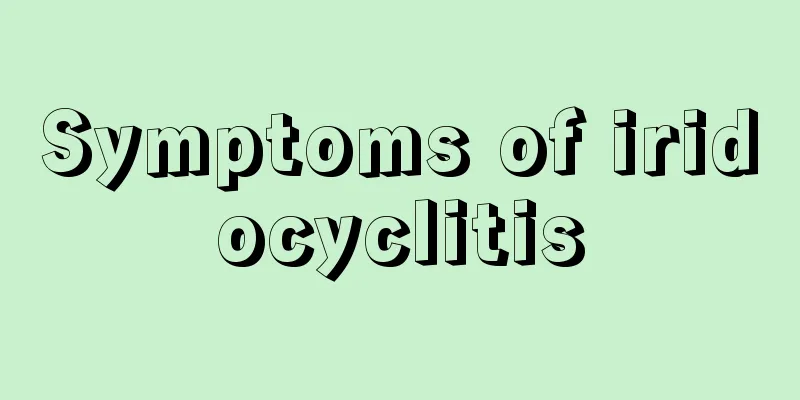Heart rate increases when scratching

|
In life, many people have a lot of itchy spots on their bodies, such as the ribs. If you scratch them, you will feel very itchy and want to laugh. Many people say that their heart rate will become faster after scratching, because when people laugh after scratching, it will make the body excited. People are always in an excited stage, and their heart rate must be fast. So is it normal to have a fast heart rate when scratching? 1. There are significant individual differences in the heart rate of normal adults at rest, with an average of around 75 beats/minute (between 60 and 100 beats/minute). Heart rate can vary depending on age, gender, and other physiological conditions. The heart rate of a newborn is very high, reaching over 130 beats per minute. Among adults, women generally have a slightly faster heart rate than men. For the same person, the heart rate slows down when the person is at rest or sleeping, and speeds up when the person is exercising or emotionally excited. Under the influence of certain drugs or neurohumoral factors, the heart rate can speed up or slow down. People who regularly engage in physical labor and exercise usually have a slower heart rate. In recent years, a large-sample survey of healthy people in China found that the normal range of resting heart rate for Chinese men is 50-95 beats/minute, and for women it is 55-95 beats/minute. So, heart rate varies with age, gender, and health status. 2. The heart rate of a healthy adult is 60 to 100 beats/minute, most of them are 60 to 80 beats/minute, and women are slightly faster; children under 3 years old are often above 100 beats/minute; the elderly are slower. A heart rate of more than 100 beats per minute in an adult (generally not more than 160 beats/minute) or more than 150 beats/minute in an infant is called sinus tachycardia. It is common in normal people after exercise, excitement, agitation, smoking, drinking and strong tea. It can also be seen in fever, shock, anemia, hyperthyroidism, heart failure and the use of atropine, epinephrine, ephedrine, etc. If the heart rate is between 160 and 220 beats per minute, it is often called paroxysmal tachycardia. A heart rate lower than 60 beats/minute (generally above 40 beats/minute) is called sinus bradycardia. "The following are ways to regulate a fast heart rate: 1. Physiological: For example, when exercising, running, drinking, drinking coffee, drinking tea, etc. and blood pressure is normal, the heart rate will be too fast. Just avoid the above factors and the heart rate will return to normal; 2. Pathological: That is, arrhythmia, such as supraventricular tachycardia, atrial fibrillation and other diseases. Generally, rest and drug treatment are not effective. If it is supraventricular tachycardia, radiofrequency ablation can be used for treatment; if it is atrial fibrillation, specific drugs or radiofrequency ablation can be taken. In addition, diseases such as hyperthyroidism and asthma can also cause tachycardia, which need to be checked and excluded." |
<<: 5 km 30 minutes heart rate 120
>>: Nervous and fast heart rate
Recommend
What are the causes of prostate cancer?
Every man in society must control himself, keep h...
How to treat liver cancer ascites more effectively? Liver cancer ascites can be treated like this
Ascites caused by liver cancer is a more serious ...
How to wash ink off clothes
Many parents must have such a worry, that is, the...
What hair color suits black skin? Which one suits you?
Female friends love to play with their hair the m...
What are the symptoms of early liver cancer? Five early symptoms of liver cancer
The early symptoms of liver cancer in women are p...
What are the methods to repair missing teeth
Tooth loss is quite common in our daily life. For...
What should I do if my fixed dentures fall off
In our lives, we can't avoid some dental prob...
Can bladder cancer be treated without bladder removal? Explanation of indications for surgical resection of bladder cancer
Bladder cancer refers to a malignant tumor that o...
What are the early symptoms of liver cancer
The development of this cancer is relatively hidd...
What are the effects and functions of Datura?
Datura is a medicinal herb and should not be take...
The most effective way to reduce visceral fat, 5 methods to teach you how to reduce it easily
With the trend of society, both girls and men are...
What are the effects of wolfberry ginger water
Wolfberry and ginger are two ingredients that are...
Can malignant ovarian cancer be cured?
In today's society, women have a higher chanc...
What is the difference between gastric adenocarcinoma and gastric cancer?
What is the Difference Between Gastric Adenocarci...
Things to note when getting an IUD
Because of the family planning policy or personal...









